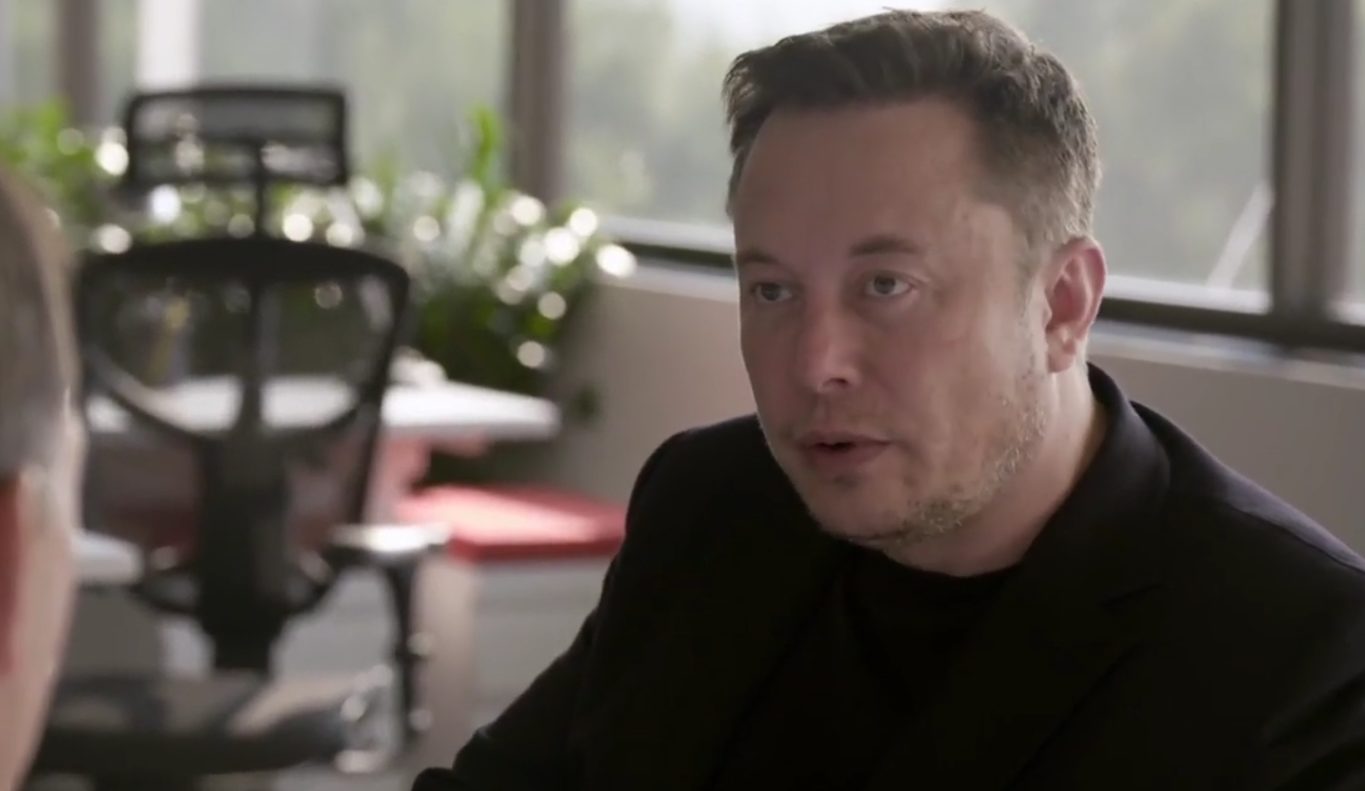
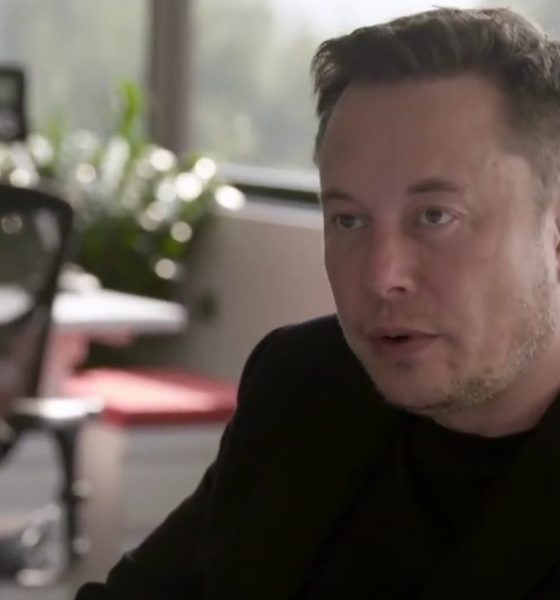
News
Elon Musk: Tesla’s biggest challenge is supply chain, but it’s not a long-term issue
Tesla CEO Elon Musk said that his company’s biggest issue in the short term is supply chain, especially when it comes to microcontroller chips.
“Our biggest challenge is supply chain, especially microcontroller chips. Never seen anything like it,” Musk said in a Tweet during the early morning hours on Wednesday. “Fear of running out is causing every company to overorder.”
Our biggest challenge is supply chain, especially microcontroller chips. Never seen anything like it.
Fear of running out is causing every company to overorder – like the toilet paper shortage, but at epic scale.
That said, it’s obv not a long-term issue.
— Elon Musk (@elonmusk) June 2, 2021
For months, the automotive industry has been confronted with a shortage of semiconductors and microcontroller chips. These chips help control the “brain” of a vehicle and can operate everything from fuel injection systems in combustion engine cars to infotainment systems in electric cars. This year, there has been a major shortage due to overbuying by large automotive manufacturers, a situation that has been caused by tensions between the United States and China. China is a global powerhouse in semiconductor chip production, and companies have panic bought large quantities of these chips to compensate for the possibility of running out.
Several automakers have shut down production lines in various regions globally due to not having enough semiconductors or microcontrollers to handle regular production rates.
Musk compared the issue to the toilet paper shortage that occurred last year during the COVID-19 pandemic. Consumers panic bought toilet tissue due to the fear of being quarantined for an extended period of time. This ultimately caused a massive shortage, and large retailers were forced to limit the quantity that could be purchased per family to remain stocked.
Despite the short-term problems that this has caused Tesla and many other large car companies in the world, Musk believes that it won’t affect his car company down the road. “It’s obv[iously] not a long-term issue,” the CEO added.
Tesla was able to avoid some of the semiconductor shortages by pivoting away from the tech altogether. In the company’s Q1 2021 Update Letter, Tesla outlined how it navigated through supply chain shortages by utilizing microcontrollers instead.
The company wrote:
” In Q1, we were able to navigate through global chip supply shortage issues in part by pivoting extremely quickly to new microcontrollers, while simultaneously developing firmware for new chips made by new suppliers.”
Tesla has been able to distance itself from production halts at its factories, apart from a rumored two-week hiatus in Model Y production lines at Giga Shanghai in China. Instead, Tesla has refined its products and continued to work on releasing the new Model S and Model X vehicles that the company redesigned and released in January. Deliveries on the new Model S are expected to begin on June 10th with a dedicated delivery event at Tesla’s Fremont Factory in Northern California.
What do you think? Let us know in the comments below, or be sure to email me at joey@teslarati.com or on Twitter @KlenderJoey.

Cybertruck
Tesla Cybertruck’s newest trim will undergo massive change in ten days, Musk says
It appears as if the new All-Wheel-Drive trim of Cybertruck won’t be around for too long, however. Elon Musk revealed this morning that it will be around “only for the next 10 days.”
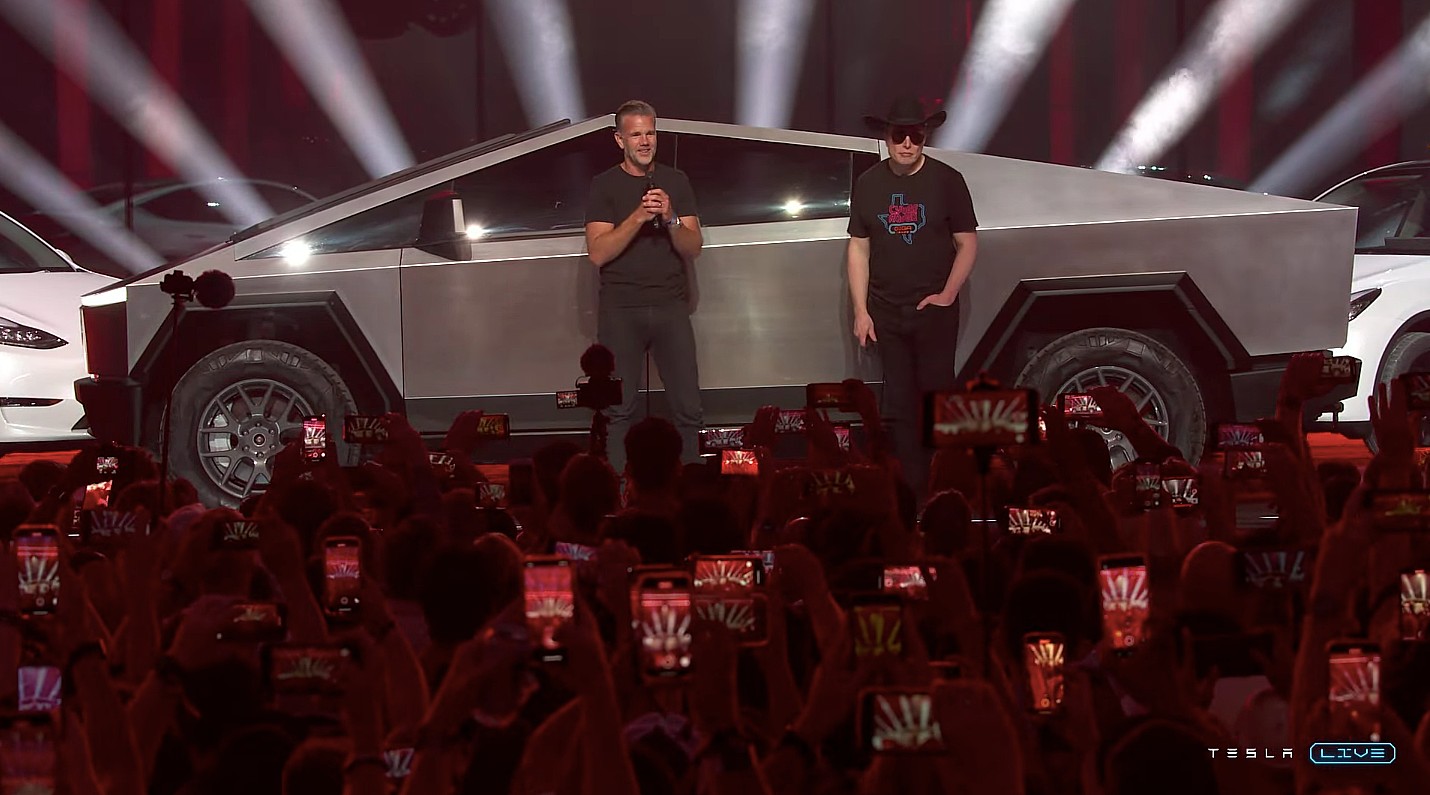
Tesla’s new Cybertruck trim has already gotten the axe from CEO Elon Musk, who said the All-Wheel-Drive configuration of the all-electric pickup will only be available “for the next ten days.”
Musk could mean the price, which is $59,990, or the availability of the trim altogether.
Last night, Tesla launched the All-Wheel-Drive configuration of the Cybertruck, a pickup that comes in at less than $60,000 and features a competitive range and features that are not far off from the offerings of the premium trim.
Tesla launches new Cybertruck trim with more features than ever for a low price
It was a nice surprise from Tesla, considering that last year, it offered a Rear-Wheel-Drive trim of the Cybertruck that only lasted a few months. It had extremely underwhelming demand because it was only $10,000 cheaper than the next trim level up, and it was missing a significant number of premium features.
Simply put, it was not worth the money. Tesla killed the RWD Cybertruck just a few months after offering it.
With the news that Tesla was offering this All-Wheel-Drive configuration of the Cybertruck, many fans and consumers were encouraged. The Cybertruck has been an underwhelming seller, and this seemed to be a lot of truck for the price when looking at its features:
- Dual Motor AWD w/ est. 325 mi of range
- Powered tonneau cover
- Bed outlets (2x 120V + 1x 240V) & Powershare capability
- Coil springs w/ adaptive damping
- Heated first-row seats w/ textile material that is easy to clean
- Steer-by-wire & Four Wheel Steering
- 6’ x 4’ composite bed
- Towing capacity of up to 7,500 lbs
- Powered frunk
It appears as if this trim of Cybertruck won’t be around for too long, however. Musk revealed this morning that it will be around “only for the next 10 days.”
Only for the next 10 days https://t.co/82JnvZQGh2
— Elon Musk (@elonmusk) February 20, 2026
Musk could mean the price of the truck and not necessarily the ability to order it. However, most are taking it as a cancellation.
If it is, in fact, a short-term availability decision, it is baffling, especially as Tesla fans and analysts claim that metrics like quarterly deliveries are no longer important. This seems like a way to boost sales short-term, and if so many people are encouraged about this offering, why would it be kept around for such a short period of time?
Some are even considering the potential that Tesla axes the Cybertruck program as a whole. Although Musk said during the recent Q4 Earnings Call that Cybertruck would still be produced, the end of the Model S and Model X programs indicates Tesla might be prepared to do away with any low-volume vehicles that do not contribute to the company’s future visions of autonomy.
The decision to axe the car just ten days after making it available seems like a true head-scratcher.
Elon Musk
Elon Musk’s Neuralink sparks BCI race in China
One of the most prominent is NeuroXess, which launched in 2021 and is already testing implants in patients.
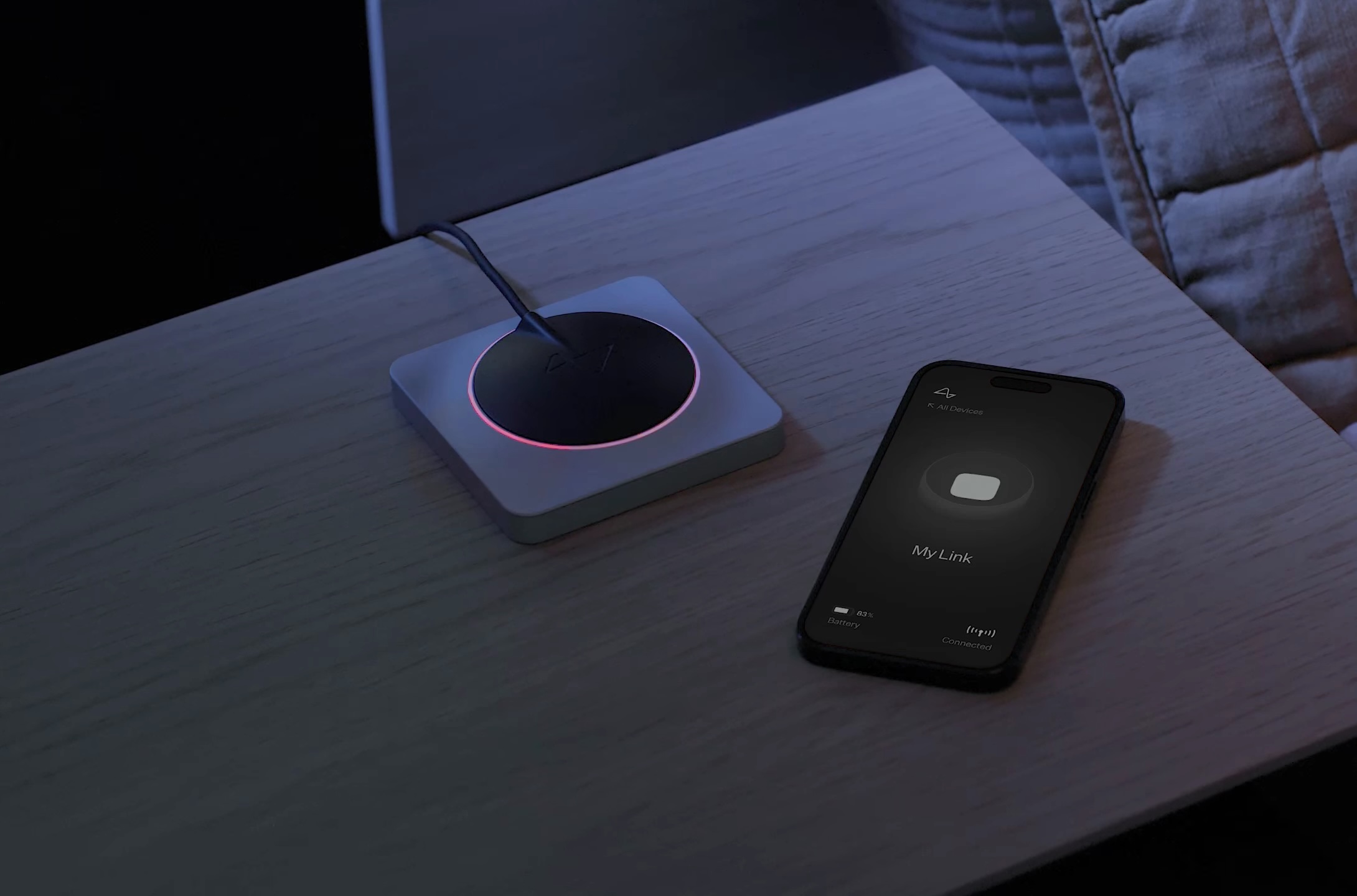
Neuralink, founded by Elon Musk, is helping spark a surge of brain-computer interface (BCI) development in China, where startups are moving quickly into human trials with strong state backing.
One of the most prominent is NeuroXess, which launched in 2021 and is already testing implants in patients.
Neuralink’s clinical work and public demonstrations have drawn worldwide attention to invasive brain implants that allow patients to control digital devices using their minds. The company is currently running a global clinical trial and is also busy preparing for its next product, Blindsight, which would restore vision to people with visual impairments.
Neuralink’s visibility has helped accelerate similar efforts in China. Beijing last year classified brain-computer interfaces as a strategic sector and issued a roadmap calling for two or three globally competitive companies by 2030, as per the Financial Times. Since February last year, at least 10 clinical trials for invasive brain chips have launched in the country.
NeuroXess recently reported that a paralyzed patient was able to control a computer cursor within five days of implantation. Founder Tiger Tao credited government support for helping shorten the path from research to trials.
Investment activity has followed the policy push. Industry data show dozens of financing rounds for Chinese BCI startups over the past year, reflecting rising capital interest in the field. Ultimately, while Neuralink remains one of the most closely watched players globally, its momentum has clearly energized competitors abroad.
News
Tesla Supercharger vandalized with frozen cables and anti-Musk imagery amid Sweden union dispute
The incident comes amid Tesla’s ongoing labor dispute with IF Metall.
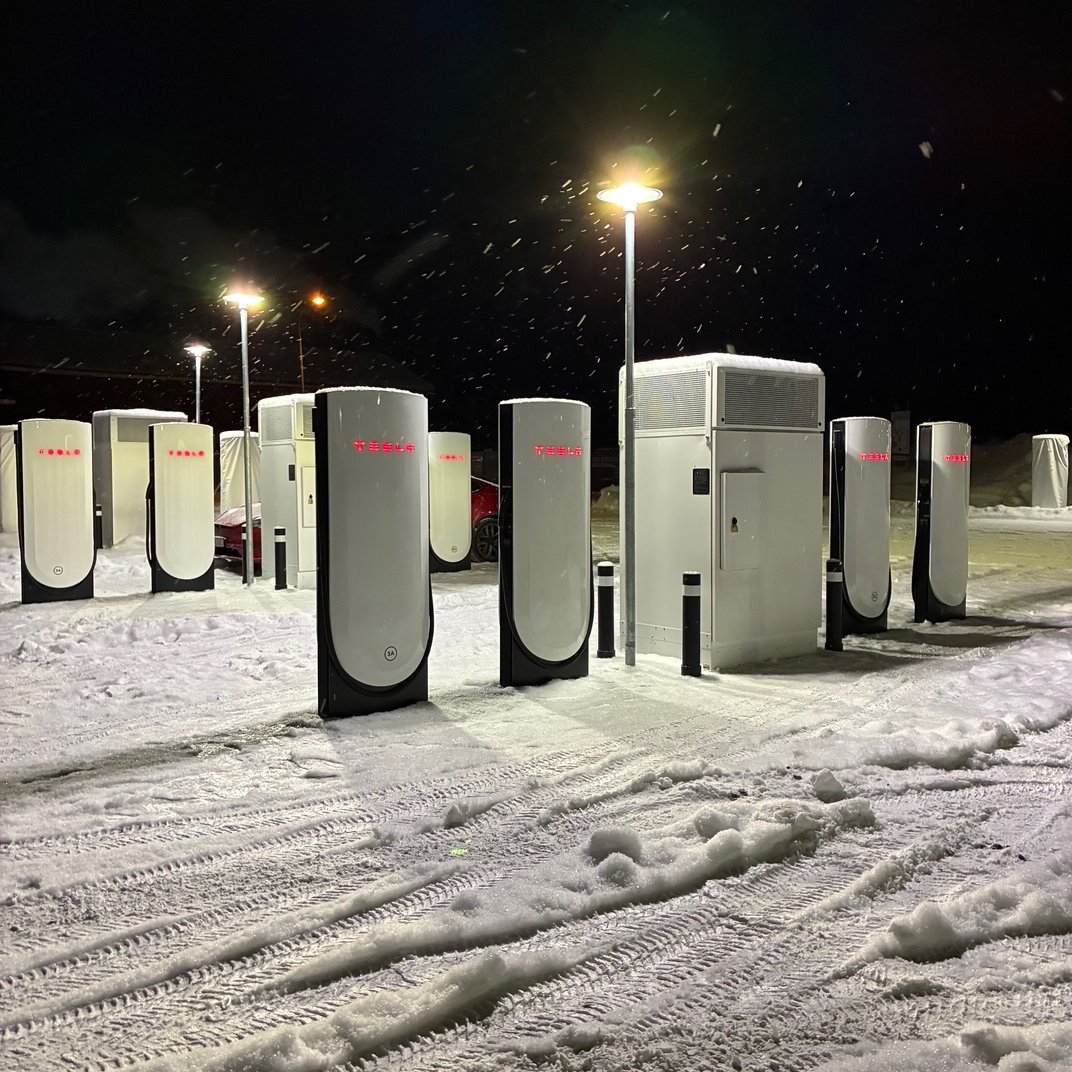
Tesla’s Supercharger site in Vansbro, Sweden, was vandalized during peak winter travel weeks. Images shared to local media showed frozen charging cables and a banner reading “Go home Elon,” which was complete with a graphic of Musk’s controversial gesture.
The incident comes amid Tesla’s ongoing labor dispute with IF Metall, which has been striking against the company for more than two years over collective bargaining agreements, as noted in a report from Expressen.
Local resident Stefan Jakobsson said he arrived at the Vansbro charging station to find a board criticizing Elon Musk and accusing Tesla of strikebreaking. He also found the charging cables frozen after someone seemingly poured water over them.
“I laughed a little and it was pretty nicely drawn. But it was a bit unnecessary,” Jakobsson said. “They don’t have to do vandalism because they’re angry at Elon Musk.”
The site has seen heavy traffic during Sweden’s winter sports holidays, with travelers heading toward Sälen and other mountain destinations. Jakobsson said long lines formed last weekend, with roughly 50 Teslas and other EVs waiting to charge.
Tesla Superchargers in Sweden are typically open to other electric vehicle brands, making them a reliable option for all EV owners.
Tesla installed a generator at the location after sympathy strikes from other unions disrupted power supply to some stations. The generator itself was reportedly not working on the morning of the incident, though it is unclear whether that was connected to the protest.
The dispute between Tesla and IF Metall centers on the company’s refusal to sign a collective agreement covering Swedish workers. The strike has drawn support from other unions, including Seko, which has taken steps affecting electricity supply to certain Tesla facilities. Tesla Sweden, for its part, has insisted that its workers are already fairly compensated and it does not need a collective agreement,
Jesper Pettersson, press spokesperson for IF Metall, criticized Tesla’s use of generators to keep charging stations running. Still, IF Metall emphasized that it strongly distances itself from the vandalism incident at the Vansbro Supercharger.
“We think it is remarkable that instead of taking the easy route and signing a collective agreement for our members, they are choosing to use every possible means to get around the strike,” Pettersson said.








